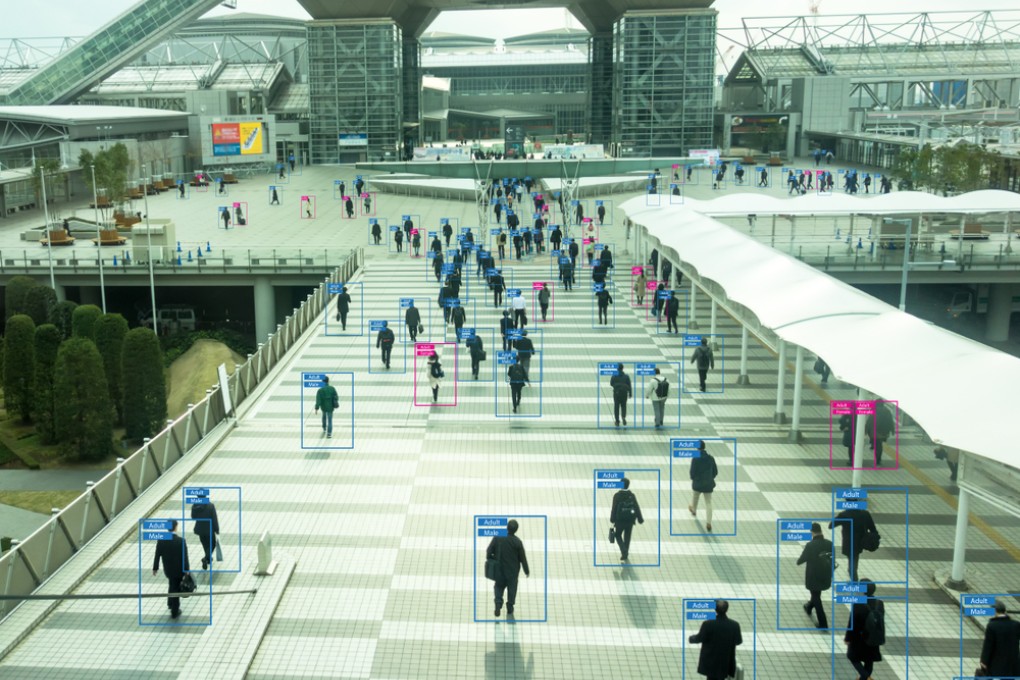Advertisement
While US tech giants talk about the dangers of facial recognition, China steams ahead
Microsoft and Google have raised the alarm on facial recognition
Reading Time:3 minutes
Why you can trust SCMP
0

This article originally appeared on ABACUS
In a move that seemingly defies business logic, Google announced on Thursday that it’s holding off on offering an AI facial recognition system until it settles policy questions.
Google isn’t the only one. Last week, Microsoft President Brad Smith called for regulation of the technology, to ensure it doesn’t lead to privacy violations, discrimination and surveillance.
The US has seen rising scrutiny towards how tech companies use facial recognition and other technology. Amazon’s Rekognition came under fire after reportedly offering its service to the US Immigration and Customs Enforcement (ICE).
But in China, which is arguably the world’s leader in implementing facial recognition, the debate on this technology has been muted -- even as the streets of Chinese cities keep filling with cameras.
A number of government-backed facial recognition projects have emerged in recent years including security surveillance, jaywalking and speeding prevention systems, border control, and even robotic doves (yes, that’s a thing).
“Skynet”, China’s massive video surveillance network
Many private companies have also jumped to collect face data, with Alipay trialling paying with your face, WeChat working on checking you into hotels with a glance, and Tencent limiting game time by scanning faces. China is the largest market for facial recognition technologies in the world, according to a report by US-based market research agency Gen Market Insight. The country is also home to the biggest video surveillance company in the world, Hikvision.
Advertisement